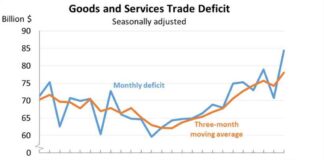Israel’s recent strategic strikes on Iran have been a topic of speculation, with concerns about potential attacks on energy infrastructure or actions that could lead to a more significant conflict. However, the strikes appear to have been measured, leading US President Biden to call for a de-escalation of tensions.
Reports from Iran indicate that the attacks resulted in limited damage, and Supreme Leader Ayatollah Ali Khamenei’s response did not seem to indicate a desire for further escalation, although he did not rule it out. He referred to Israel’s actions as “evil” but also emphasized the importance of not exaggerating or downplaying the situation.
The Iranian Foreign Ministry condemned the airstrikes, labeling them as a clear violation of international law and asserting Iran’s right to self-defense. The targets of the strikes reportedly included missile factories and other military sites, such as air defense installations.
The implications of these events on the oil market are uncertain. While there may be a negative impact on oil prices at the opening of the market, it is challenging to predict the exact outcome. Crude oil prices showed unexpected strength on Friday despite the overall risk-off sentiment, suggesting that the market may have already factored in the possibility that energy infrastructure would not be directly targeted.
Looking ahead, the situation remains fluid, and it is essential to monitor developments closely. The potential for further escalation or retaliation from either side could introduce additional volatility into the markets. It is crucial for investors and market participants to stay informed and adapt their strategies accordingly to navigate these uncertain times.

















